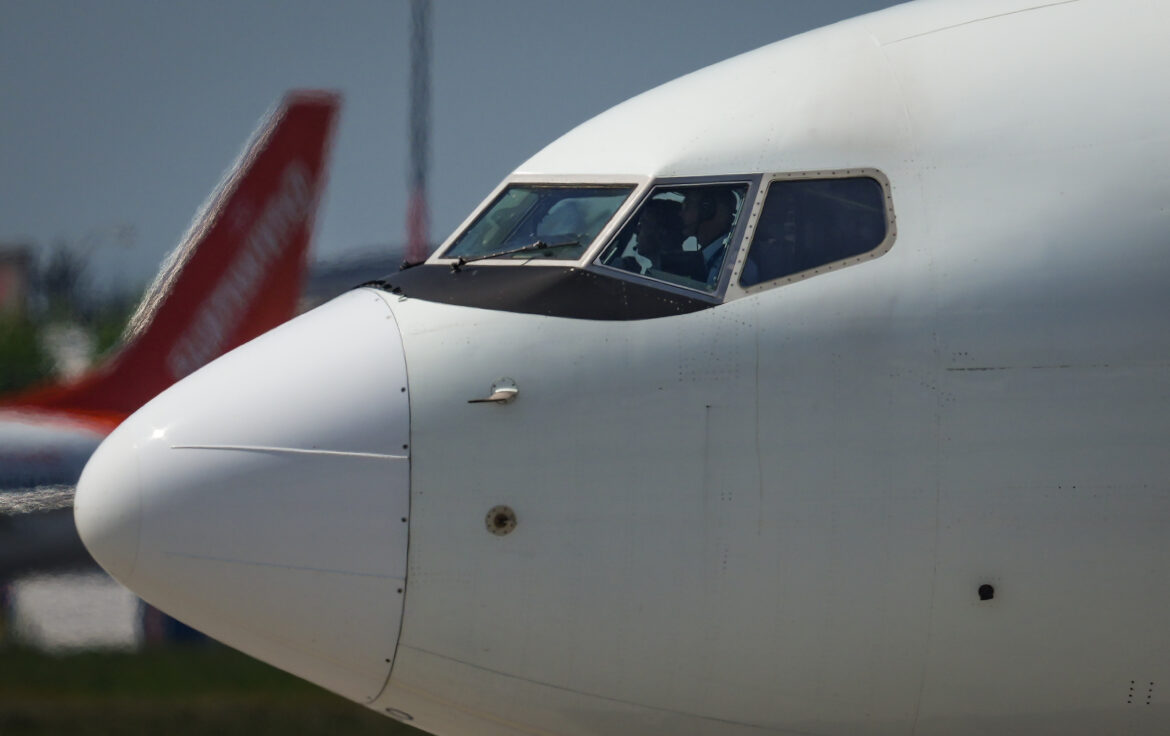By Christopher Reynolds
WestJet has walked back its bid to put temporary foreign workers in the cockpit.
In an email, spokeswoman Julia Kaiser confirmed that the airline halted its hunt for overseas recruits for regional subsidiary WestJet Encore due to “economic uncertainty.”
The federal government last month approved WestJet’s application for pilot permits under the temporary foreign worker program, according to the company and the country’s main pilot union.
The Air Line Pilots Association opposed the move, which saw granted a request for about 60 permits for pilots from India and South Africa, according to court filings.
The union asked a judge last month to quash the government’s approval, filing an application in Federal Court to declare the decision invalid.
The jobs minister failed to consult with the pilots association or the “appropriate regulatory bodies” before giving WestJet the green light on March 10, the union argued in its submission.
Tim Perry, who heads the union’s Canadian wing, argued that temporary flight crew from abroad would undermine union goals around wages and work conditions.
“Your status in Canada is directly tied to your being a ‘good employee’ through the eyes of the employer,” he said in an interview, pointing to federal program rules.
“They’re not going to act in standing for elements of our collective agreements that we’ve already earned or, in the case of collective bargaining, changes to those collective agreements.
“This has nothing to do with the part that these pilots were born elsewhere,” Perry added.
The temporary foreign worker program allows non-permanent residents to work in Canada for periods of up to two years when employers face short-term labour shortages and no qualified Canadians are available.
Employing hundreds of thousands of people, the federal program saw worker volumes surge over the past decade and a half — particularly in low-wage sectors such as agriculture and hospitality — though demand dropped in the second half of last year amid new restrictions.
WestJet’s request was made via a so-called labour market impact assessment, which determines if “no Canadians or permanent residents are available to do the job,” according to the Immigration Department website.
The union took issue with the finding that none were. It also noted that Canadian demand for air travel to the United States has declined amid the backlash to U.S. tariffs and President Donald Trump’s annexation threats, easing labour pressures.
“I think that would land very poorly with the Canadian public, especially at a time when a lot of jobs and careers are at risk because of the political climate or the economic climate,” Perry said of any pursuit of temporary foreign pilots.
Asked why it was considering this new recruitment method and how severe its pilot shortage was, WestJet said last month the application to permit it to hire temporary foreign workers offered one possible way to bolster its ranks.
The process “is one of multiple avenues we are exploring to address operational needs amid an ongoing shortage of WestJet Encore captains,” Kaiser said on March 25.
Employing temporary foreign workers as captains — like WestJet suggested — rather than first officers would allow for potentially bigger savings. Those contracted as captains without a decade or more experience as a first officer beforehand would be paid less.
Moreover, those new temporary foreign captains might not remain in Canada long enough to see the substantial wage hikes that come with more years of service.
A spike in pilots from abroad in the captain’s chair could also reduce the opportunities for promotion among Canadian first officers, the union argued.
Perry said the option of temporary foreign workers could shrink airlines’ incentives to improve pilot retention through bigger contract gains come bargaining time. If more pilots choose to leave the carrier, others from faraway shores could be recruited short-term.





